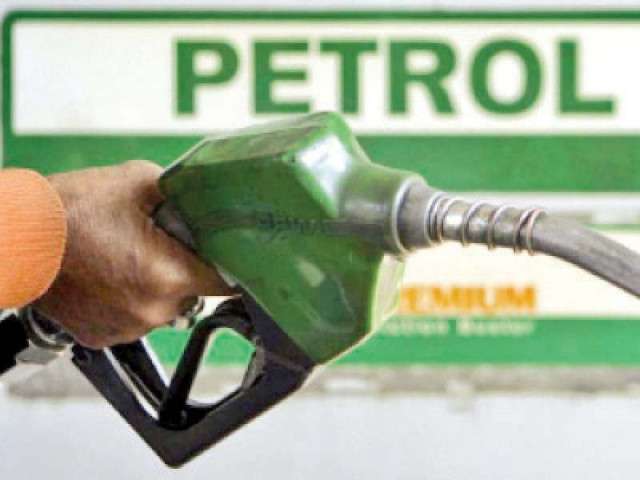Early purchases keep oil prices up
Senate panel asks ministry about high petrol prices when global markets fall

A parliamentary panel on Tuesday asked the energy ministry about the reason for the exorbitant petrol prices in the country despite a drop in rates in the global market.
The Senate Standing Committee on Petroleum, headed by Senator Abdul Qadir, met at the Parliament House.
The committee took strict notice of the absence of minister for petroleum and Ministry of Petroleum secretary.
Matters that came up for discussion included the reasons for increase in petroleum product prices and steps taken by Pakistan LNG Limited (PLL) for long-term allocation of liquefied natural gas (LNG) terminals to private firms.
During the meeting, an official of Sui Northern Gas Pipelines Limited (SNGPL) gave a briefing about the present status of approval of the Initial Access Agreement with private shipper Universal Gas Distribution Company (UGDC) by its board of directors.
Taking stock of the current situation in the global oil and gas markets, the standing committee questioned the energy ministry about the factors behind the exorbitant petrol prices in Pakistan, though global markets had gone down.
It was informed that the reason for the rise in petroleum product prices was that petrol had been purchased by the country in advance.
Another reason for the expensive petrol was the application of petroleum development levy (PDL) as per an agreement with the International Monetary Fund (IMF).
The committee underscored the need for taking stringent measures to facilitate the common man.
In a briefing given by PLL on the measures taken for long-term allocation of LNG terminal capacity, the committee was informed that the Economic Coordination Committee (ECC) of the cabinet had approved the allocation of government’s contracted utilised capacity on a three-month rolling basis to facilitate the private sector in LNG import, which was linked to the terminal capacity.
PLL was working on short and long-term LNG supply tenders but long-term tenders seemed not to be prudent as they would affect the government’s ability to adjust LNG import to meet consumer demand in the country, the meeting was told.
The enhancement of current short-term allocation period beyond three months may be considered after looking at the response of LNG suppliers to the next PLL tender. Moreover, the parties will be required to agree on a framework for the recovery of price differential, if any.
Regarding LNG import by private firms and the approval of Initial Access Agreement with private shipper UGDC by the SNGPL board, the committee was informed that as per Third Party Access (TPA) Rules and Network Code, gas supply could only be provided up to the main industrial supply line on the distribution network.
Ogra, however, gave a clarification, saying that transportation services could be provided beyond the main industrial supply line. SNGPL has filed a review petition and Ogra’s response is awaited.
President of the All Pakistan CNG Association argued that when oil and gas markets were open to private players, it could play an important role in controlling gas prices by ensuring the influx of foreign exchange.
He pointed out that Ogra was in favour of an open policy, which would break the monopoly in the market.
Committee Chairman Senator Abdul Qadir, while weighing the pros and cons, emphasised that the private sector must be allowed to enter the oil and gas market in Pakistan.
Committee members who were present in the huddle included Senator Engineer Rukhsana Zuberi, Senator Fida Muhammad, Senator Shamim Afridi, Senator Aon Abbas, Senator Prince Ahmed Omer Ahmedzai, Senator Attaur Rehman, Senator Saifullah Abro and senior officials of the Petroleum Division, Oil and Gas Development Company Limited (OGDCL) and the Oil and Gas Regulatory Authority (Ogra).
Published in The Express Tribune, August 24th, 2022.
Like Business on Facebook, follow @TribuneBiz on Twitter to stay informed and join in the conversation.


















COMMENTS
Comments are moderated and generally will be posted if they are on-topic and not abusive.
For more information, please see our Comments FAQ